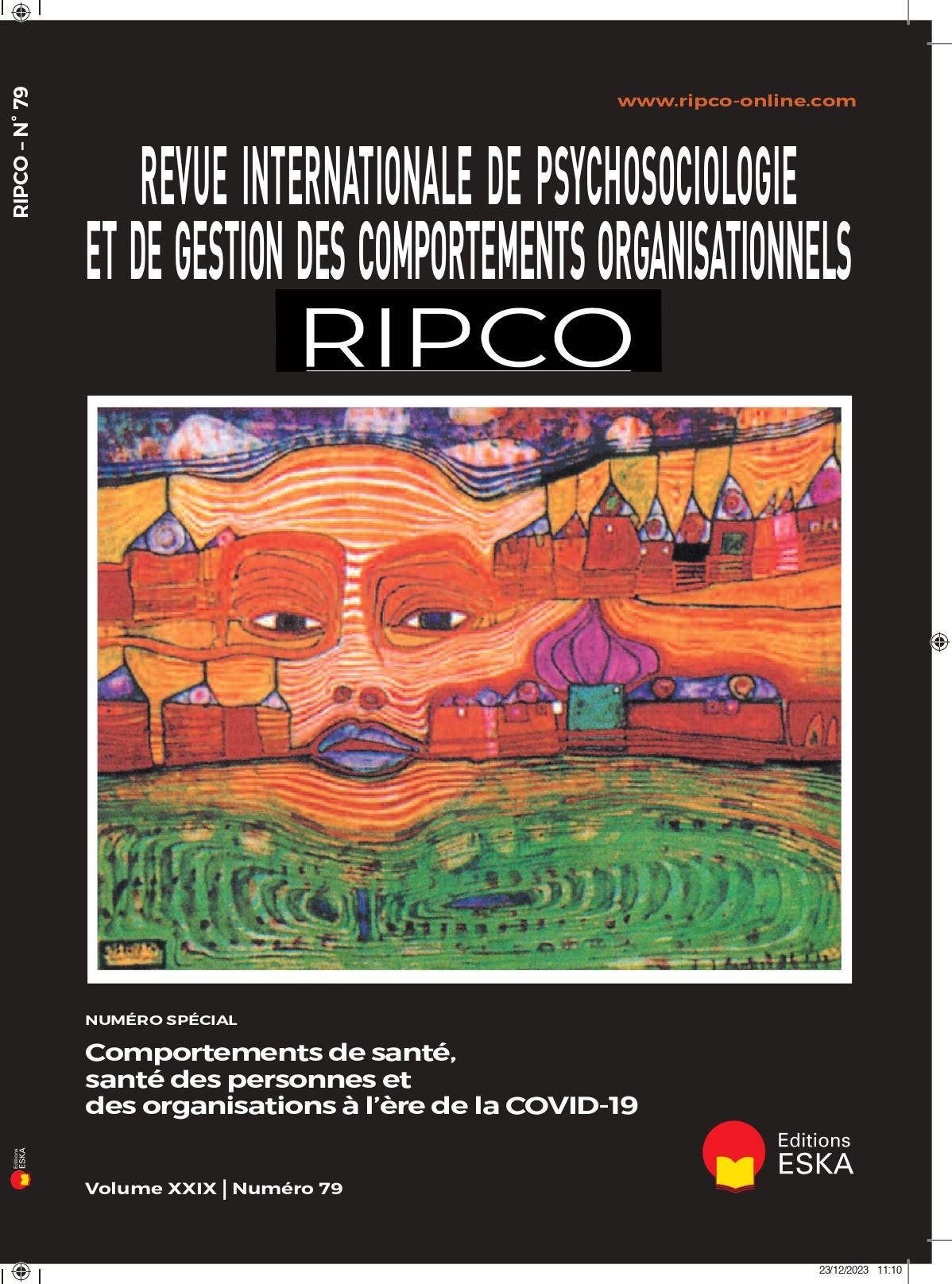IDENTITY DEFENSE STRATEGIES IN RESPONSE TO DIRTY WORK ADOPTED BY CAREGIVERS IN NURSING HOMES
Keywords:
social identity theory, dirty work, identity defense strategy, caregiver, nursing homesAbstract
This research draws on social identity theory and the concept of dirty work to study the identity defense strategies adopted by caregivers in nursing homes. We analyze the strategies that caregivers who perform devalued jobs mobilize to find or restore meaning to their work. Semi-structured interviews were conducted with 65 caregivers in nursing homes. The data collected were subjected to lexicometric analysis using Iramuteq software. Six identity defense strategies were observed: 1) defending and recommending the profession, 2) emphasizing the usefulness and meaning of the profession, 3) accepting the negative image, 4) promoting the profession by talking about nursing homes as places to live, 5) publicizing the richness of the profession in terms of relationships, and 6) highlighting the physical and psychological difficulties of the profession. Caregivers thus favored reframing and refocusing as strategies for normalization of work.These results provide insight into how caregivers in nursing homes remedy a loss of meaning at work. To facilitate a genuine revaluation of this profession, we identify levers for action at both the organizational and societal levels.


